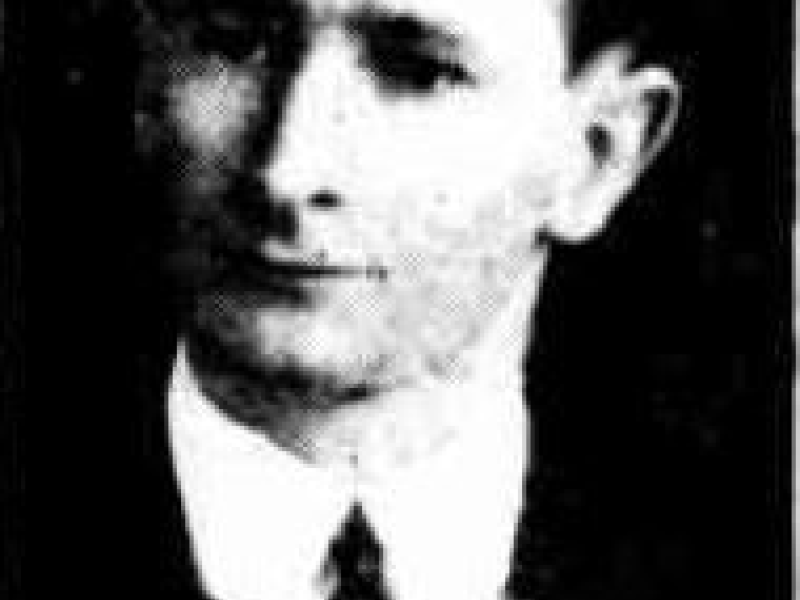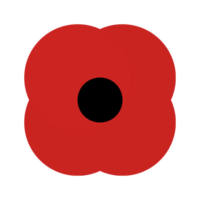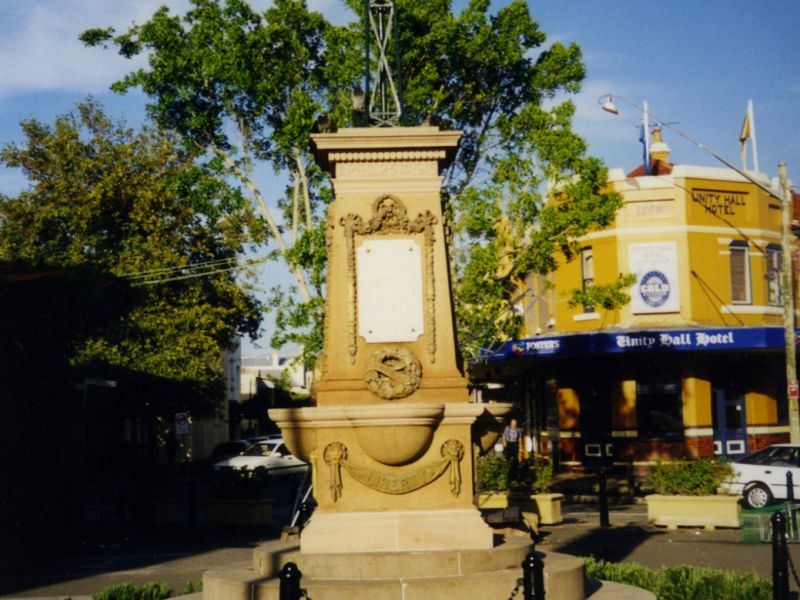Private Mervyn Allen Lown, 13th Battalion, AIF
Mervyn Lown was born in 1893 to Andrew and Margaret Lown in Balmain, Sydney. His father owned a grocery on Darling Street, and was a warden at St Mary’s Church of England. Mervyn went to Birch Grove School in Balmain, and later joined his father as an assistant grocer.
Mervyn enlisted in the Australian Imperial Force in September 1914, just after war broke out. He joined the newly-formed 13th Battalion and embarked in late December, arriving in Egypt in February.
Two months later, on 25 April 1915, Private Lown landed on Gallipoli. The 13th was immediately called on to help establish and defend the tenuous line on the heights above the beach. Within days, Mervyn was seriously wounded in the jaw but refused hospitalisation and missing the battle.
Soon after landing, the Anzac forces were muddled and disorganised.
In August, Mervyn’s family were notified that he had been killed in action in early May. Almost immediately afterwards he received a second cable to say that his son was still alive but wounded. Despite repeated cables seeking further information, Andrew Lown struggled to find out if his son was even alive or dead.
However, Mervyn had made a pact with his mate, Charles Boccard, another private in the 13th Battalion. The two had exchanged addresses so that if one was killed, the other would be able to send the family in Australia a proper account of their death. In August 1915, Boccard’s letter arrived, confirming the worst.
“Mervyn was resting in a supporting trench … in an apparently safe place, at 11.30 on Thursday, May 6, when a shrapnel shell, coming from an unexpected direction, exploded quite close at hand … I was sitting within about three yards of Mervyn, and at once went over to him. He had been struck from right to left, high up on the skull, too high to disfigure him in any way, and yet too low to give him any chance of surviving.”
The stretcher-bearers initially refused to carry Lown down to the beach, deeming him “too far gone” but Boccard insisted and talked one into helping him. They got Mervyn to a medical officer within 15 minutes of him being shot but it was too late, and he died shortly afterwards.
Boccard wrote to Lown’s parents that “the only consolation for his relatives and many friends lies in the fact:—Firstly, that his death was painless; secondly, that he sustained no disfigurement; and, lastly, and chiefly, that not only did he die playing the game, but that from the day of his enlistment right up to his last moments he did his duty well, cheerfully, and bravely, earning thereby the esteem of his officers, and the unanimous affection of his comrades.”
Private Mervyn Lown was buried in or near Beach Cemetery. Today he is commemorated on a special memorial in the cemetery under the words “their glory shall not be blotted out”.
He was 23 years old.
Meleah Hampton, Historian, Military History Section
- Australian War Memorial https://www.awm.gov.au/collection/AWM2020.1.1.298

 Australian War Memorial
Australian War Memorial